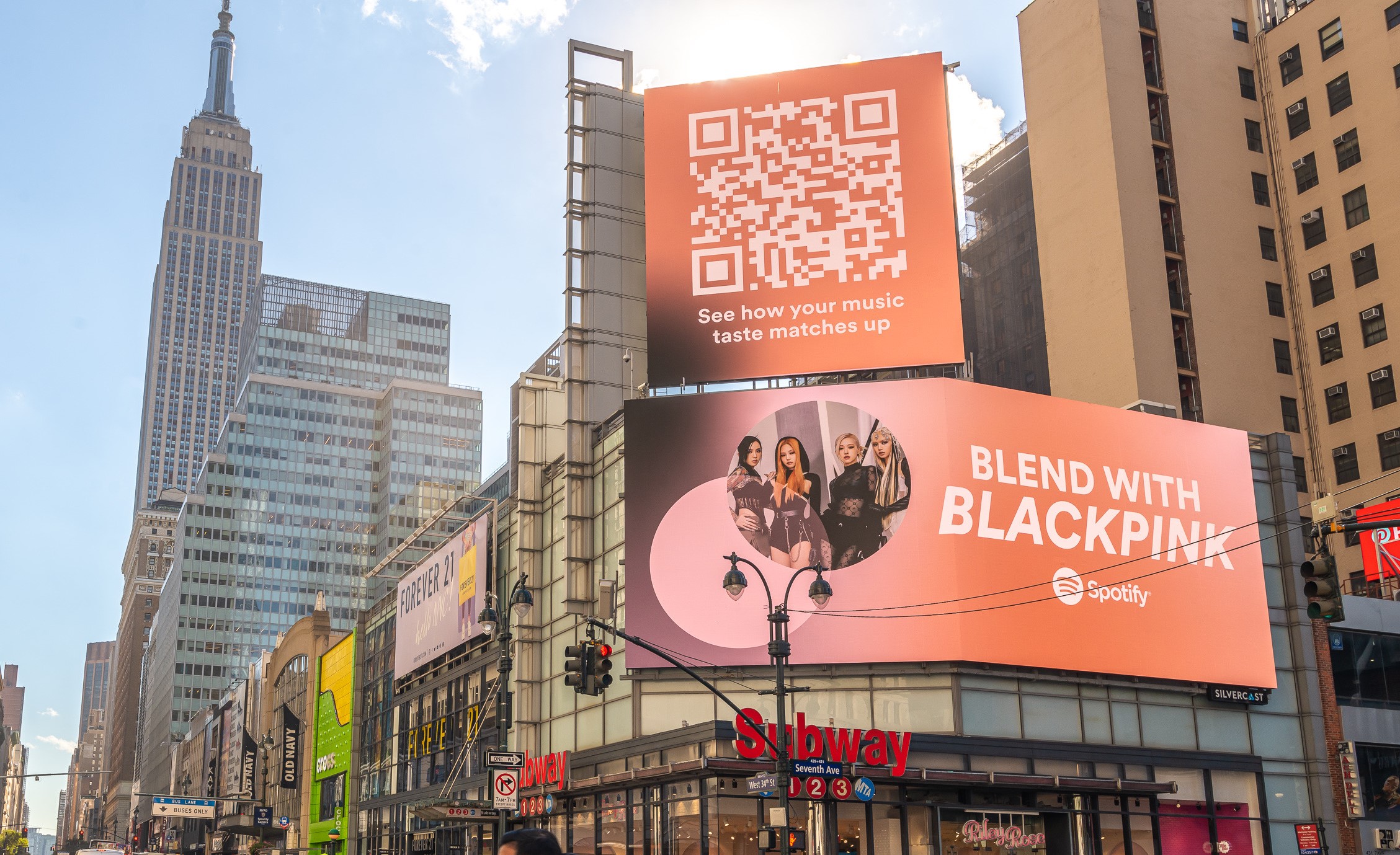K-Pop, short for Korean Pop, has taken the world by storm in recent years. From its humble beginnings in South Korea, K-Pop has become a global phenomenon, influencing cultures and music scenes around the world. In this article, we will explore the rise of K-Pop and its impact on the global music industry.
K-Pop has its roots in South Korea, where it emerged as a distinct genre in the 1990s. Initially, the music was influenced by American and Japanese pop music, but over time, it developed its own unique style, blending elements of pop, hip-hop, R&B, and electronic dance music. K-Pop was initially popular in South Korea, but it wasn’t until the late 2000s and early 2010s that it started to gain traction outside of the country.
One of the biggest factors contributing to K-Pop’s global success is the rise of the internet and social media. In the early days of K-Pop, fans could only access the music through imports and bootlegged videos, but with the rise of the internet, fans could easily find and share K-Pop music and videos. This led to a growing interest in the genre, and soon K-Pop started to gain fans around the world.
https://twitter.com/cjs_confessions/status/1602764199460974592?s=20
Another factor contributing to K-Pop’s success is the industry’s focus on image and performance. K-Pop groups are known for their flashy and carefully choreographed performances, and the industry places a strong emphasis on visual appeal and image. This has helped K-Pop groups to stand out and gain attention, as they offer fans a unique and visually stunning experience.
One of the most notable aspects of K-Pop is the intense training and preparation that goes into creating a successful K-Pop group. Most K-Pop artists train for several years before they even debut, and they are often subjected to rigorous training regimes that cover everything from singing and dancing to language and cultural skills. This dedication to training and preparation has resulted in a level of professionalism and showmanship that is unmatched in the music industry.
In addition to its music, K-Pop has also had a significant impact on fashion, beauty, and lifestyle. The industry has a strong focus on image, and K-Pop artists are often seen as trendsetters, influencing fashion and beauty trends around the world. K-Pop concerts and events are also known for their elaborate stage setups and production values, and fans often come dressed in elaborate costumes and accessories, inspired by their favorite K-Pop groups.
K-Pop has also had a significant impact on the music industry as a whole. The genre has proven that there is a market for non-English language music, and it has opened the door for other non-English language music genres to gain global recognition. K-Pop has also challenged the traditional music industry model, as K-Pop groups are often managed by large entertainment companies, which handle everything from music production to marketing and promotion.
Despite its success, K-Pop has faced criticism and controversy over the years. Some have criticized the industry for its focus on image and appearance, and the intense training regimes that K-Pop artists are subjected to. There have also been concerns about the exploitation of young performers, and the industry’s treatment of female K-Pop artists, who are often subjected to strict beauty standards and sexualized imagery.
Wild stat: tweets from BTS band-members account for 17 of the 30 most-liked tweets ever. pic.twitter.com/2QRohZEBRl
— Trung Phan (@TrungTPhan) February 21, 2023
Despite these criticisms, K-Pop’s global influence continues to grow. The genre has inspired a new generation of music fans, and it has opened up new avenues for artists to reach a global audience. K-Pop has also helped to break down cultural barriers and bring people from around the world together, and it has established itself as a cultural phenomenon that is here to stay.
In conclusion, K-Pop’s rise to global prominence is a testament to the power of music and the internet. From its beginnings in South Korea, K-Pop has become a cultural force, influencing fashion, beauty, and music scenes around the world. The industry’s focus on image, performance, and training has helped K-Pop artists to stand out and captivate audiences, and its impact on the music industry as a whole has challenged traditional models and opened up new opportunities for non-English language music genres. While the industry has faced criticism and controversy, K-Pop’s influence continues to grow, and its impact on the world is a testament to the power of music to bring people together and break down cultural barriers.
Featured Image: Blackpink Official Twitter
